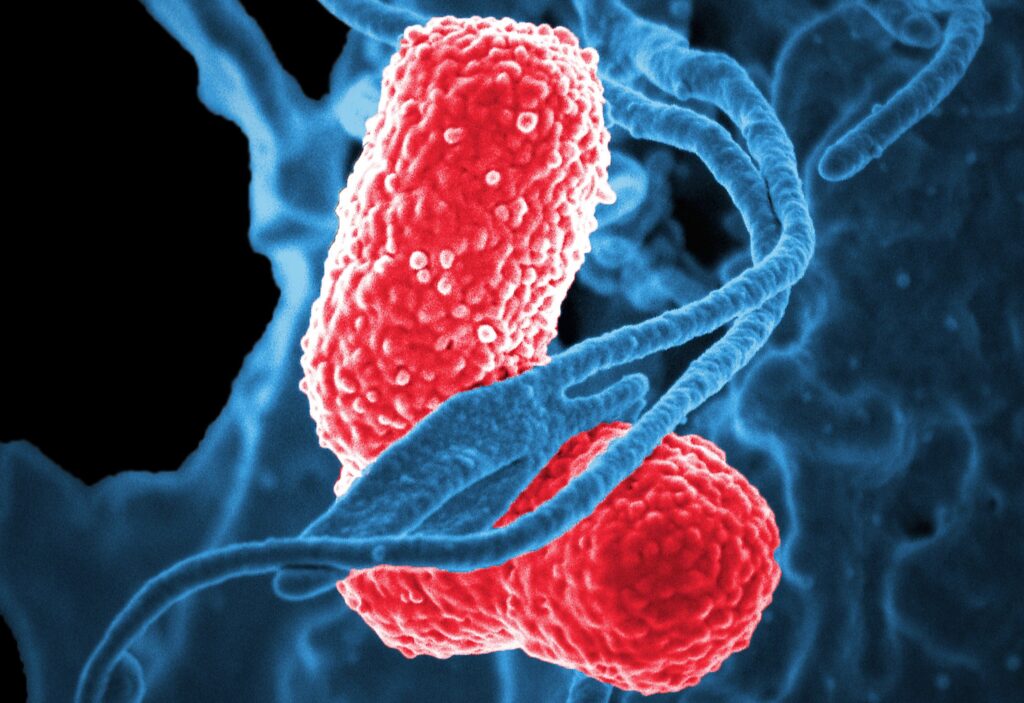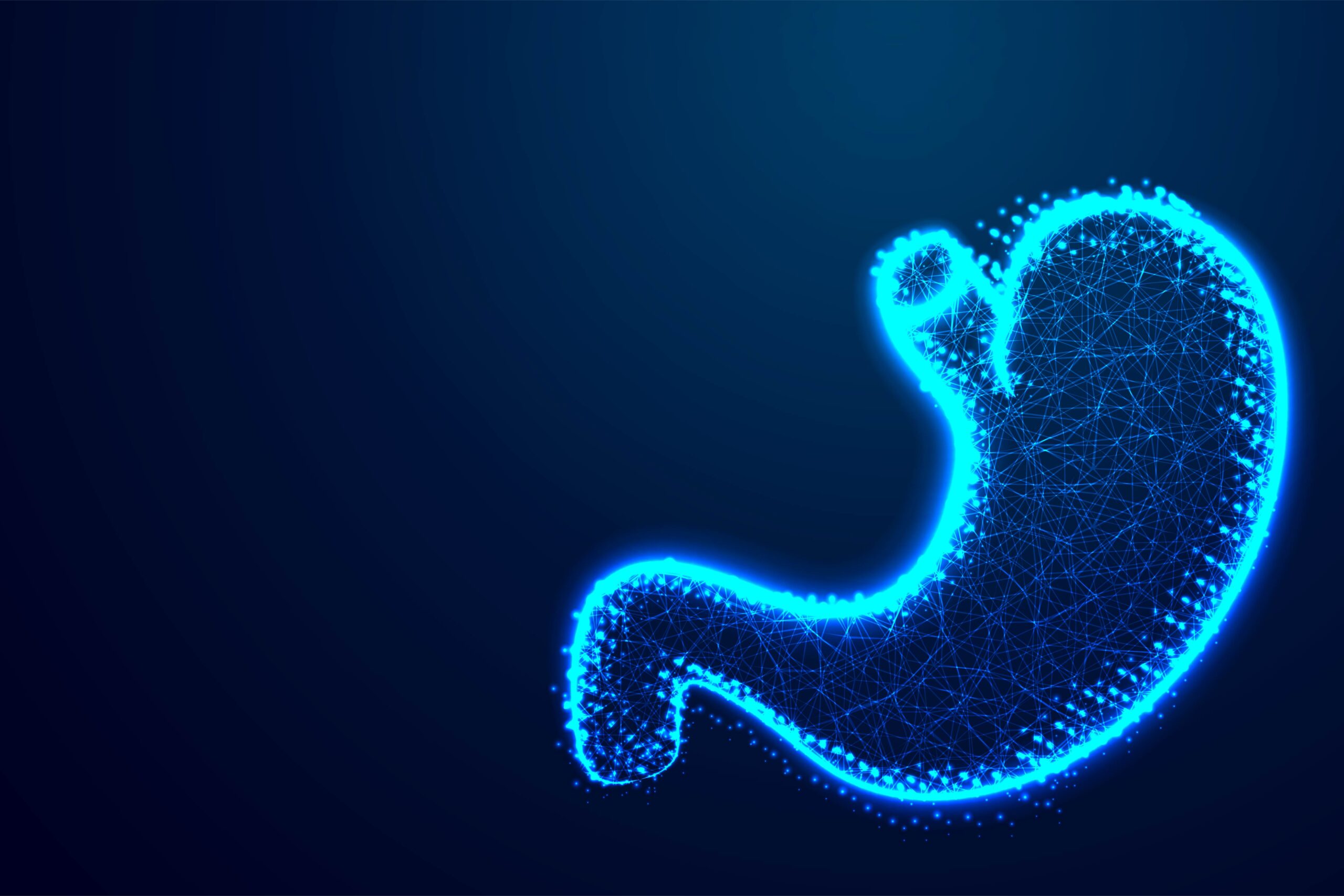Image by Freepik
Good morning, dear friends. As your digestive-health advocate, I’m always here to address the worries weighing on your mind, and I know the headlines on PPIs and dementia can feel alarming. Let’s explore what science truly says, dispel fears, and empower you to make informed decisions with compassion and clarity.
The studies behind the headlines
A recent observational analysis of over 5,700 older adults from the ARIC study found that those who’d taken proton pump inhibitors (PPIs) for more than 4.4 years had a 33% higher risk of developing dementia compared to non-users; shorter-term use showed no significant risk here. This has sparked worry, but we must remember that observational studies cannot prove causation, only association.
On the other hand, multiple meta-analyses have found no clear or statistically significant link between PPI use and dementia or Alzheimer’s disease. A 2022 meta-analysis reported a modest pooled relative risk. Another 2019 meta-analysis found a small risk association for dementia, but this was not statistically significant. More reassuringly, a large 2019 PLOS One review of over 640,000 patients concluded no increased risk.

Why results are still so varied
Variability in study outcomes owes much to differences in design, population, duration, and other confounding factors, such as vitamin B12 deficiency, gut‑microbiome changes (no surprise there!), other drugs in use, or underlying health conditions (source). Observational designs are particularly susceptible to these hidden variables. Only large, well-controlled randomized trials can definitively address causation, and those aren’t yet available.
Possible biological mechanisms
Experts have proposed several theories, including:
- Vitamin B12 malabsorption, which is essential for cognitive health
- Alterations in the gut microbiome
- Effects on amyloid‑β metabolism or cholinergic signaling in the brain
These are all plausible, but not yet proven, in humans.
What does this mean for you?
As your doctor, my first priority is your well‑being. If you’re taking PPIs for conditions like erosive esophagitis, Barrett’s esophagus, or long-standing GERD, the benefits may outweigh uncertain risks, according to the American College of Gastroenterology. However, I encounter many patients who are using them for everyday heartburn or sour stomach, and these are powerful drugs that can alter your gut biome in unwanted ways, with long-term risks other than dementia.
Here’s what we can do together to limit your intake of PPIs, and I would recommend the GI Map testing to get a good baseline of any underlying conditions that are causing you discomfort:
- Review your indication and reassess regularly
Let’s ensure there’s a clear need for ongoing therapy and that dose and duration are optimized. - Aim for the lowest effective dose, for the shortest necessary time
- Incorporate lifestyle adjustments: weight management, elevating the head-of-bed, and avoiding trigger foods. Over time, these can reduce your reliance on PPIs.
- Monitor B12 and micronutrient levels, especially with long‑term use.
- Stay informed and communicate. We’ll navigate emerging research together, without panic or premature changes.

image by pexels
Final thoughts
The science on dementia due to PPIs is still emerging. We see associations, not definitive data, with mixed findings across high-quality reviews. But your health is always personal, and understanding the root causes of discomfort is my mission as your doctor. Finding ways to heal from within, rather than masking the symptoms, is the best way forward. If you are using PPIs, especially long-term, let’s schedule a discussion to look at your current therapy, assess the many alternative options, and we will personally tailor your path forward.
I understand the fear that comes with reading ominous headlines. It’s okay to feel concerned. My role is to guide you with empathy, evidence, and assurance. Together, we can balance digestive wellness with cognitive health and make choices you can feel good about.
Stay well, and remember, I’m here for you, every step of Your Gut Story.
If you have any questions or would like to learn about how functional medicine and acupuncture can help you get off of PPIs and heal your body naturally, schedule a consultation or Appointment with Dr. Bryn below.



